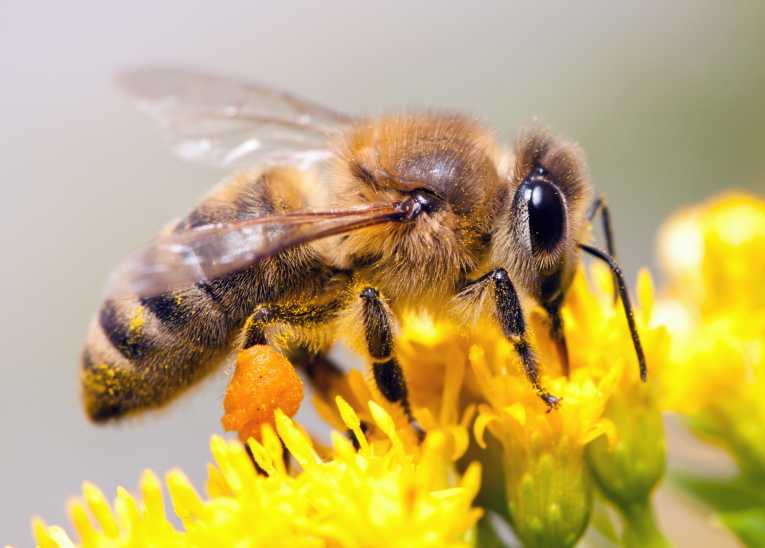Insect mediated pollination is a service provided by nature. The estimated economic value of this service stands at 15 billion euros per year in the EU, as recently reported by the European Biodiversity Strategy, and approximately 153 billion euros per annum globally.
Moreover, many wild plant species, which characterise our natural and also cultural landscapes, depend on insect pollination and without which their conservation could be threatened.
A new study, currently in press in the journal Agriculture, Ecosystems and Environment, assesses the importance of insect pollinated crops at regional and national scales. Furthermore this study also investigated the capacity of honeybees to provide pollination services to the UK agriculture.
An analysis of crops grown in the UK since 1984 indicates that insect pollinated crop area has risen by 57.8%, covering 848,946 ha of UK cropland in 2007, that is an average increase of 21,250 ha per year. Due to large areas of fruit growing, South East England has the greatest area of insect pollinated crops, occupying 30% of cropland.
At a regional scale insect pollinated crops represented the highest crop value in South East England, the West Midlands and Northern Ireland. The UK average of insect pollinated crops is at 20.4% of agricultural land, which corresponds to a total estimated crop value of approximately £1,057 million.
Bees are normally regarded as the most important pollinators. Previous research indicates that 80% of global agricultural pollination services are attributed to the European honeybee (Apis mellifera), which though native to the continents of Europe, Asia, and Africa was also introduced to the Americas.
The authors of this study observed that even though honeybee hive numbers have increased, their ability to supply pollination services is only at 34% of the demand.
Given this observation, it is clear that one would expect a decrease in crop production. However, contrastingly yield of insect pollinated crops has risen on average by 54% since 1984. The authors explain that these findings could also suggest that wild bee populations may indeed make a greater contribution to the UK crop pollination services than previously thought.
This result goes to enforce a growing body of scientific literature which describes the importance of biodiversity, in this case of wild bee abundance and diversity, in enhancing agricultural production and thus also the economics of the agribusiness sector.
Image Credit: © Sergey Lavrentev.










